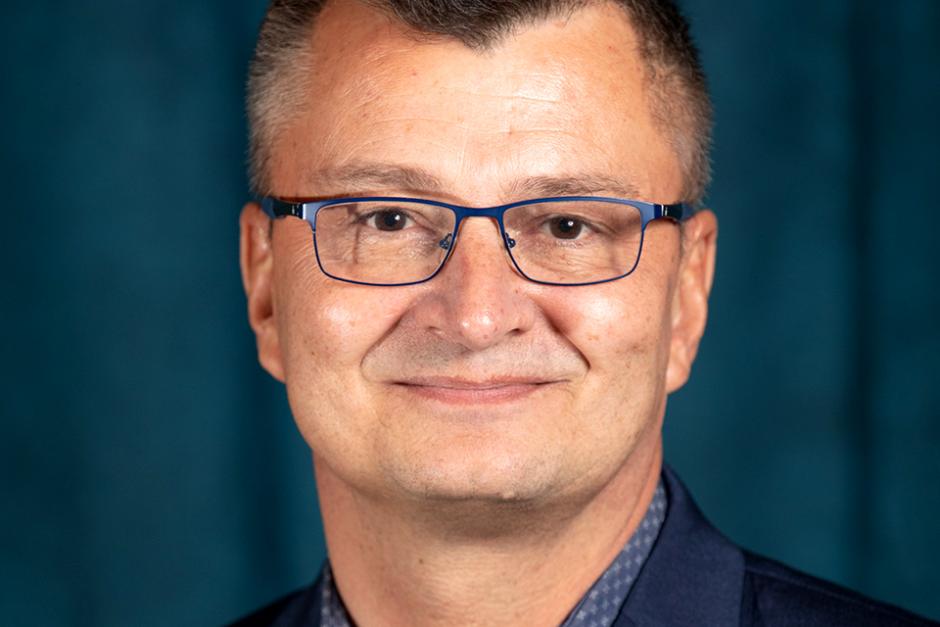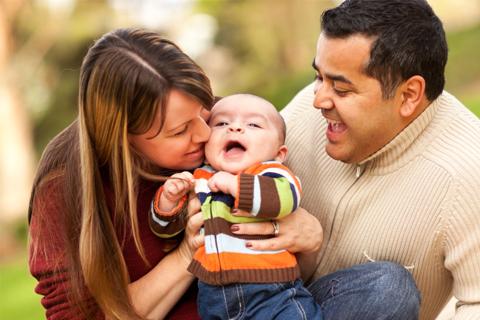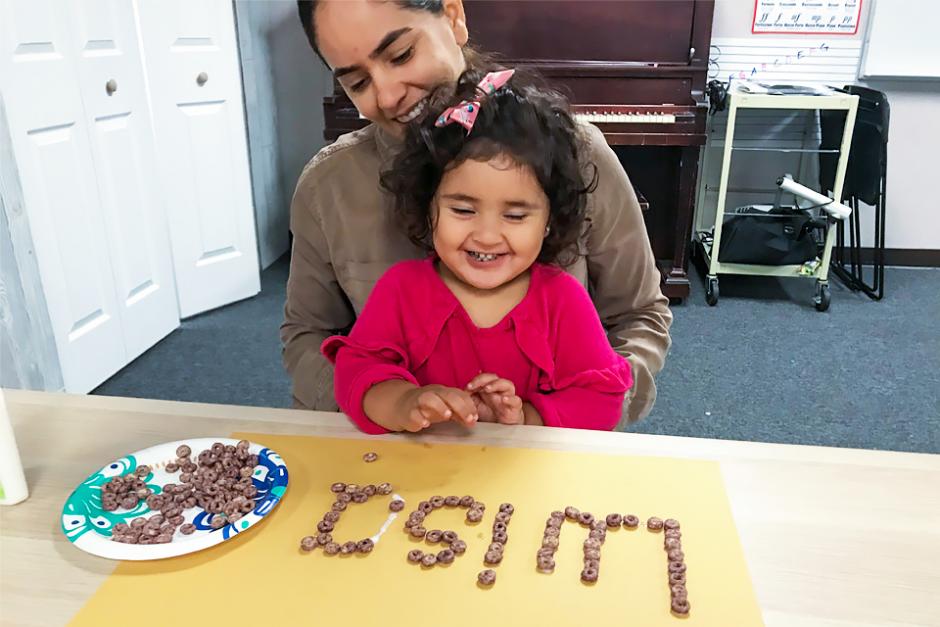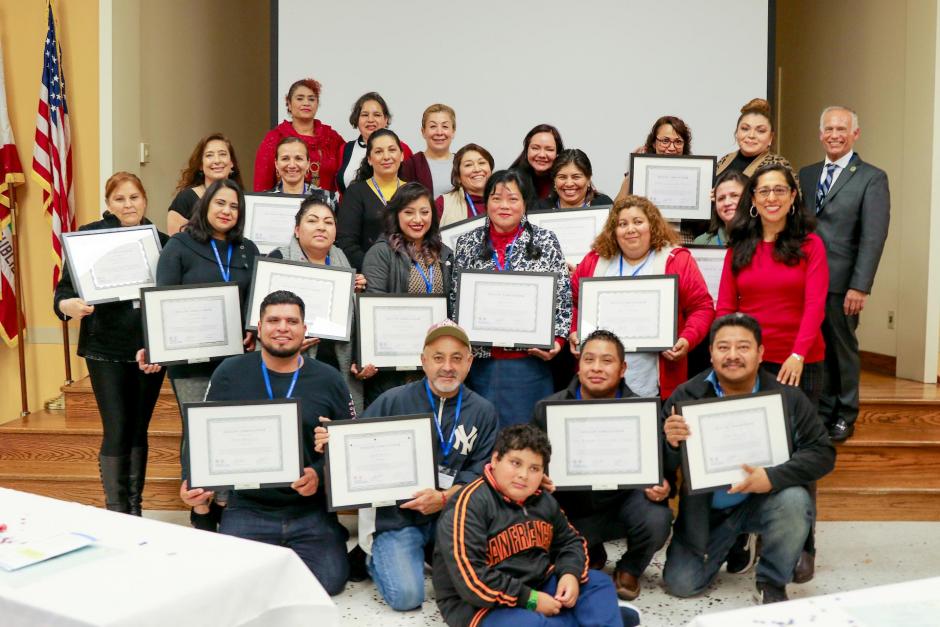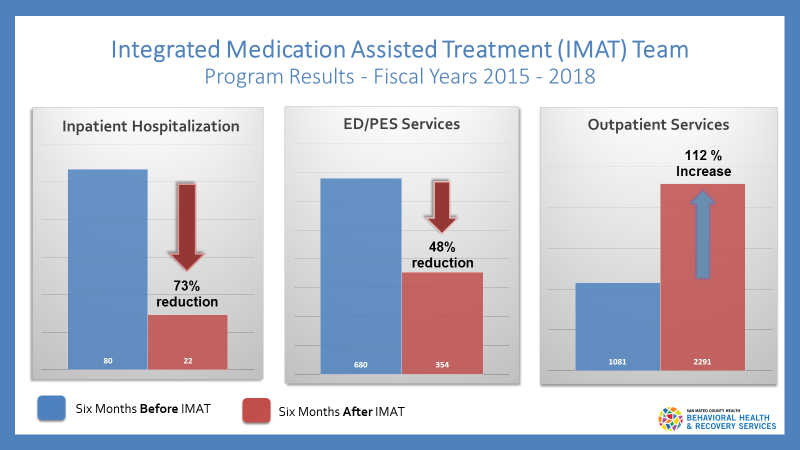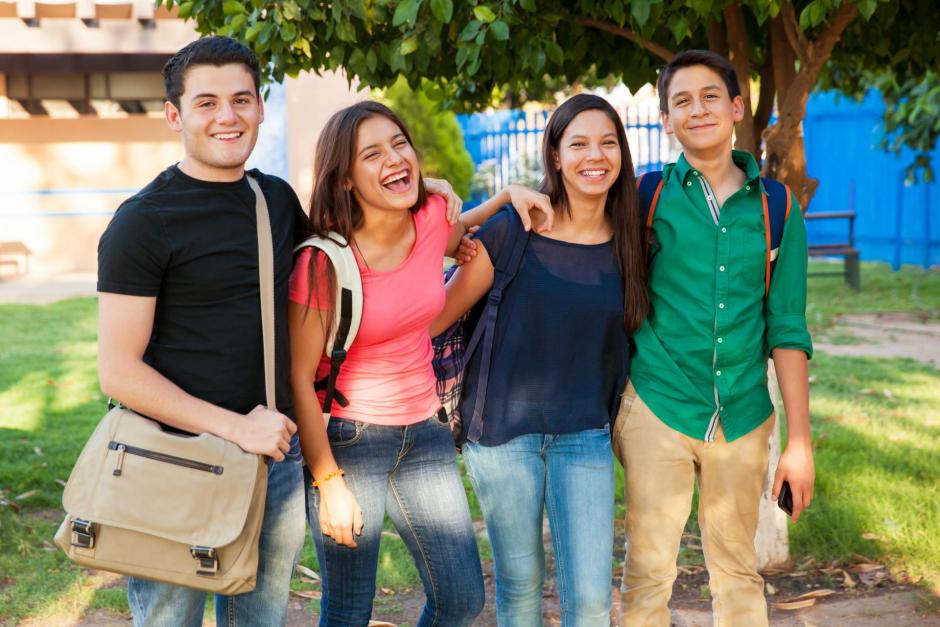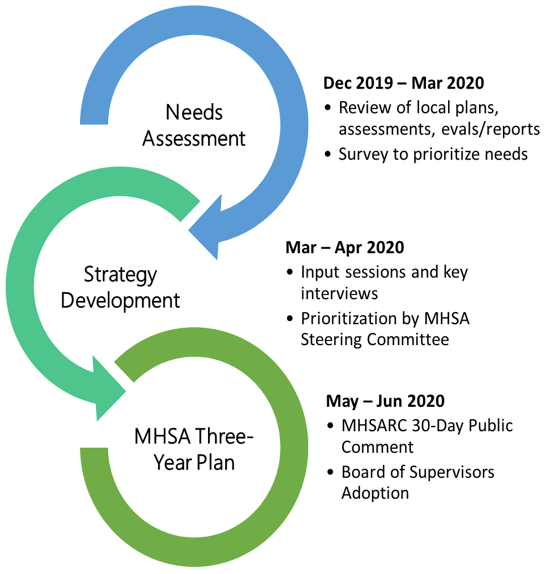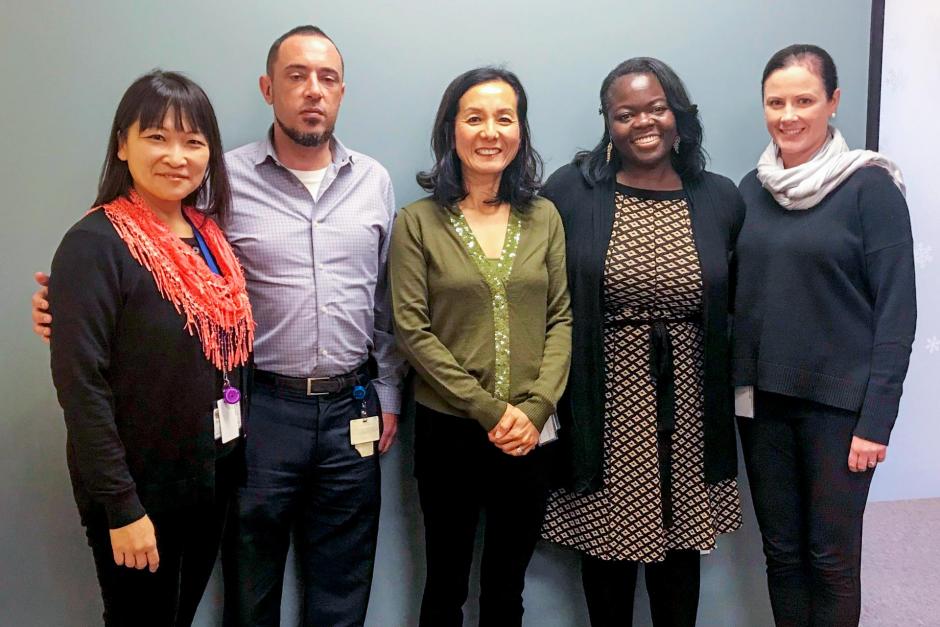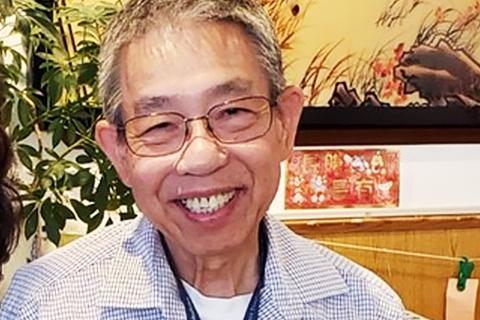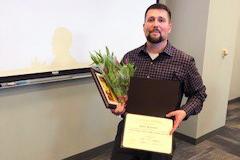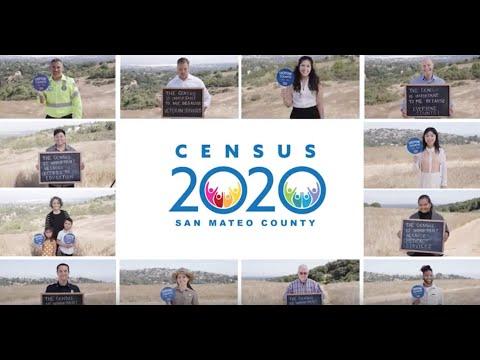Related Content
2019 BHRS Highlights
Below highlights some of the new and continuing developments for Behavioral Health & Recovery Services (BHRS) in 2019. We would like to recognize the many people—clients and their families, partners, staff and community members—whose passion, commitment, hard work and support every day, helped make them happen.
From the Director’s Desk
A vision of a world free of stigma
There are certainly an unlimited number of issues and challenges facing California’s public mental health and substance use (behavioral health) system. Examples of headlines include rising suicide rates with teens increasing the fastest, meth and cocaine death rates surpassing the opioid epidemic, correctional facilities and emergency rooms filled with individuals suffering from behavioral health issues, and national criticism over high levels of homelessness.
Medi-Cal Healthier California for All: Integrated Health Services
Broader delivery system, program and payment reforms & consolidating health and social services
The most vulnerable California residents need access to various services spanning from behavioral and physical health services to substance use disorder treatment, In-Home Services and developmental help. When the care is hard to coordinate, patients struggle to navigate it on their own and might end up not accessing it at all.
Clients Satisfied with BHRS Services
91% of consumers say they are satisfied
Twice a year, in May and November, BHRS administers the Consumer Perception Survey on behalf of the Department of Health Care Services’ (DHCS) to a sampling of adults, older adults, youth and family members of youth consumers who receive specialty mental health services.
Connecting children to services long before the 1st day of kindergarten
Early Childhood Community Teams
The idea is that children as young as toddlers from even the most economically disadvantaged areas of San Mateo County should have access to services that are routine in middle class homes.
These children will then start preschool and kindergarten with the same skills and socialization as their peers. This will set them on the road to success in school and, in the big picture, help close the opportunity gap between well-off families and those with minimal means.
Updated Public Charge Rule
Won't apply to many foreign-born residents
Last summer, the United States Department of Citizenship and Immigration Services (USCIS) released an updated policy related to the “public charge” rule aimed to limit immigration benefits for people using certain federal programs.
A public charge is defined as an individual who relies primarily on government programs to meet certain basic needs such as housing, food or healthcare.
Health Ambassador Program Continues to Grow
Empowering local residents to support their communities
This year, a record number of 19 people graduated from the free public education program geared towards improving the health and well-being of individuals in San Mateo County.
The Behavioral Health and Recovery Services (BHRS) Health Ambassador Program (HAP) was created in 2014 to honor the important role that community members play in healing and supporting others in their communities.
IMAT Receives CSAC Challenge Award
Integrated Medication Assisted Treatment Program recognized
Congratulations to the Integrated Medication Assisted Team (IMAT), recipients of the 2019 California State Association of Counties Challenge Awards, which spotlights the most innovative programs developed and implemented by California Counties.
Health coverage expanded for undocumented young adults
State-funded Medi-Cal program expands care for 2,000 people
Effective January 1, 2020 low income undocumented young adults age 19-25 can enroll in full-scope Medi-Cal coverage and receive care regardless of their current immigration status under the expansion of the Health4All Medi-Cal program.
Mental Health Services Act Update
MHSA (Prop 63)
Annual Update Public Comment Period Closes February 5
The FY 2019-20 MHSA Annual Update was presented at the Mental Health Substance Abuse and Recovery Commission (MHSARC) meeting on December 4th. The MHSA Annual Update is submitted annually to the State and includes:
Group Therapy Services at Board and Care Homes
Services launch at four homes
In early 2019, the idea of bringing group therapy directly to BHRS clients residing in board and care homes in San Mateo County became a reality.
In Memory of Nang Du, MD
Nang Du, MD served as the Medical Chief of Behavioral Health and Recovery Services’ (BHRS) North County Clinic in Daly City for over 11 years. Born in Chau Doc, Vietnam on October 10, 1950, he passed away on November 12, 2019.
Mental Health & Substance Abuse Recovery Commission Update
FY 18/19 Annual Update
The Mental Health & Substance Abuse Recovery Commission (MHSARC) provides oversight of county mental health and substance abuse services, advice to the Board of Supervisors and the Director of Behavioral Health & Recovery Services (BHRS), and advocates for mental health and substance abuse clients and issues.
Census 2020: What’s at Stake
The next national census is less than 60 days away. Every 10 years, the federal government is required to count each and every person living in the country — regardless of citizenship status, age, or criminal history.
Health Staff Recognized for Racial Equity Work
On November 14, 2019, San Mateo County Health was acknowledged for their participation and membership in the Government Alliance on Race and Equity (GARE). GARE is a national network of government agencies working together to reach a place where race no longer determines one’s life path. Within BHRS, this GARE work is aligned with and supports our Multicultural Organizational Development (MCOD) efforts and plan.
More News and Upcoming Events
Doris Estremera Receives Commendation
Congratulations to Doris Estremera who recently received a commendation for the Women in County Government Award nomination for outstanding commitment and service to the people of San Mateo County. Doris currently works with the BHRS Office of Diversity and Equity (ODE) and provides oversight, planning and reporting of our Mental Health Services Act (MHSA) funding. Read the full story here.

